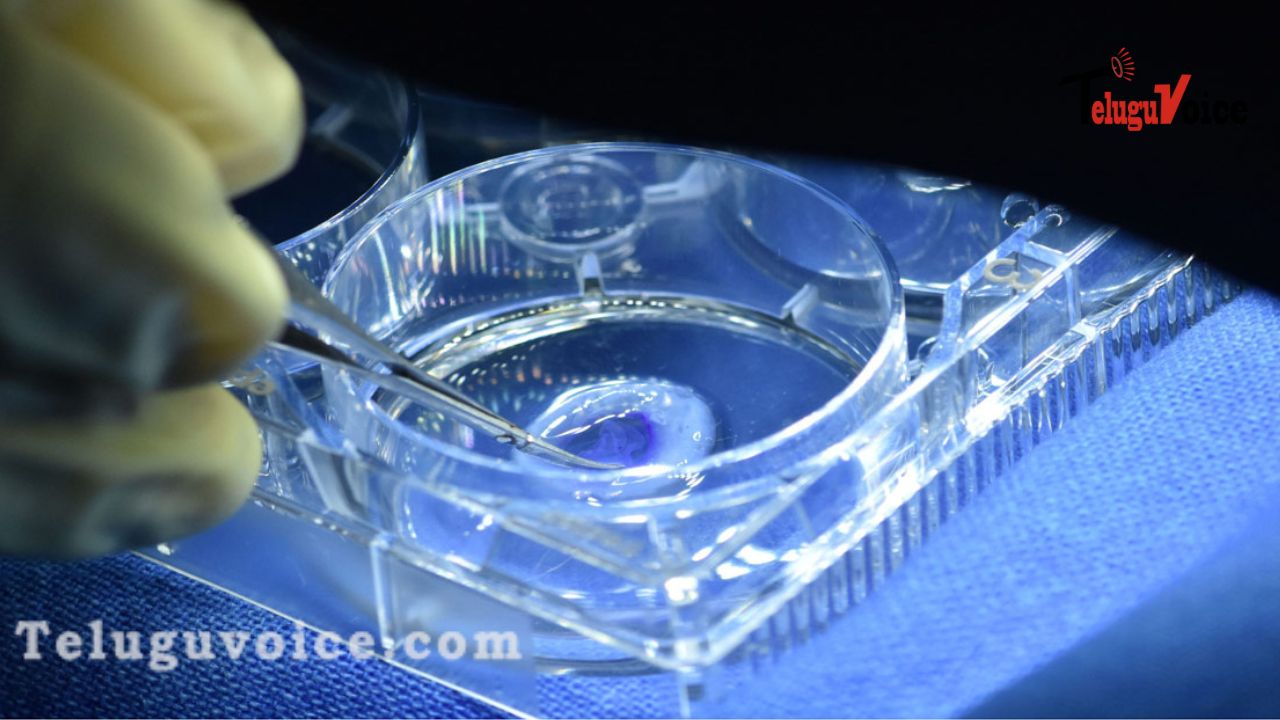Hyderabad: Researchers Develop India’s 3D-Printed Artificial Cornea

For the first time in India, researchers from Hyderabad have successfully 3D-printed an artificial cornea and transplanted it into a rabbit's eye.
Researchers from L V Prasad Eye Institute (LVPEI), Indian Institute of Technology-Hyderabad (IIT-H), and the Center for Cellular and Molecular Biology (CCMB) have developed a 3D-printed cornea using human donor tissue.
This product, which was developed through government and philanthropic funding, is entirely natural, contains no synthetic components, is free of animal residues, and is safe for patients.
Corneal damage is a leading cause of blindness worldwide, with over 1.5 million new cases of corneal blindness reported every year.
Globally, there is a huge shortage of donor corneal tissue, which is further complicated by the lack of adequate eye-banking networks, especially in developing countries. Less than 5% of new cases every year are treated by corneal transplantations due to donor tissue shortage.
As a result of recent advances in regenerative medicine and tissue engineering, researchers from LVPEI, IITH, and CCMB developed a unique biomimetic hydrogel (patent pending) that served as the background material for the 3D-printed cornea using decellularized corneal tissue matrix and stem cells from the human eye.

 South Africa tour of India 2019
South Africa tour of India 2019










Comments